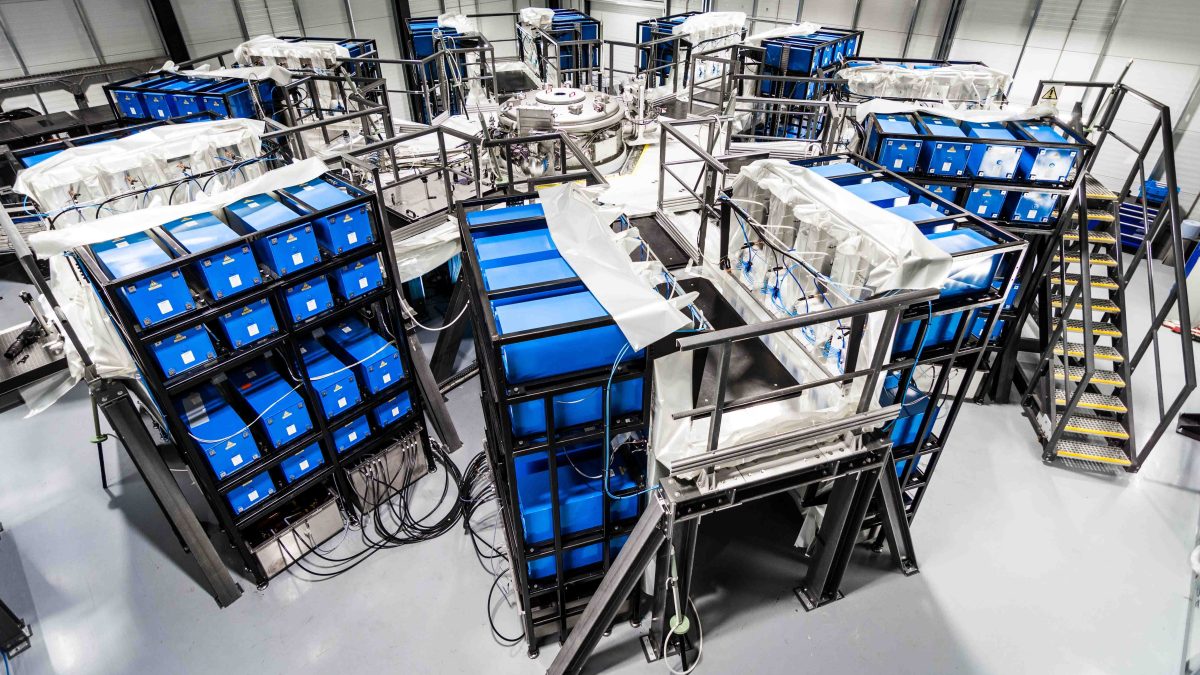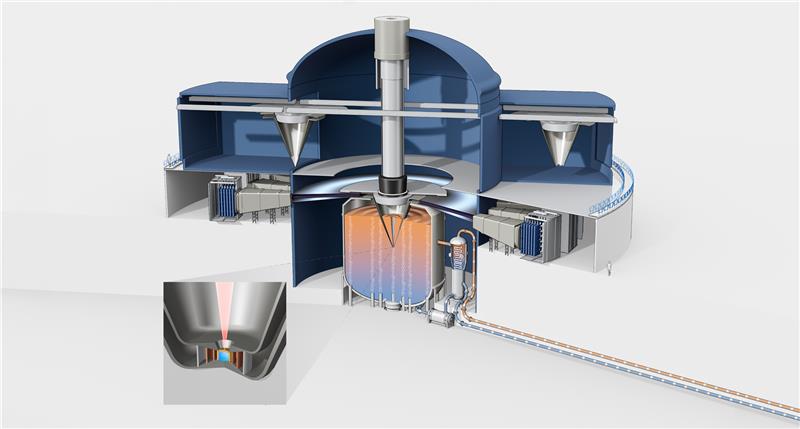- First Light Fusion is exhibiting at the Mission Innovation climate change forum together with the UK Atomic Energy Authority
- Mission Innovation’s fourth annual Ministerial gathering (MI-4). MI-4 brings together ministers, business leaders and innovators to share ideas, best practices and to facilitate collaboration towards the development of affordable and sustainable clean energy solutions
23th May 2019: First Light Fusion, the fusion energy company spun out from the University of Oxford, will be demonstrating the potential for British technology to tackle climate change in Vancouver next week.
Energy ministers representing the world’s biggest emitters of greenhouse gases are attending the Fourth Mission Innovation Ministerial (MI-4), a global forum which explores how technology can propel the transition to a global clean energy economy. The forum runs from 26 – 29 May. A delegation from the Department for Business, Energy and Industrial Strategy is also expected to attend.
Under the overarching CEM10/MI-4 theme of “accelerating progress towards a clean energy future”, this year’s MI-4 programme is focusing on “Demonstrating Impact and Raising Ambition”.
First Light Fusion was founded by Nick Hawker and Professor Yiannis Ventikos in 2011 specifically to address the urgent need to decarbonise the global energy system. At MI-4, First Light will present its work on clean energy generation via a unique form of inertial fusion. First Light’s approach creates the extreme temperatures and pressures required for fusion by compressing a target using a projectile travelling at massive speed. The company, which has met all its major milestones, is on track to deliver first fusion in 2019 and to demonstrate ‘gain’ (whereby the energy created outstrips that used to spark the reaction) by 2024.
First Light Fusion will represent the UK’s efforts to create cleaner sources of energy at the showcase alongside the UK Atomic Energy Authority.
Nicholas Hawker, Founder and CEO of FLF said:
“There is a clear need for a new clean baseload technology. Yet the options currently available all have major drawbacks. Fusion can provide a new zero-carbon solution with none of the problems associated with nuclear technology. It is important that energy ministers and policy advisors understand the exciting stage that fusion energy is currently at, and its potential to provide abundant, clean and affordable energy.”
-Ends-



